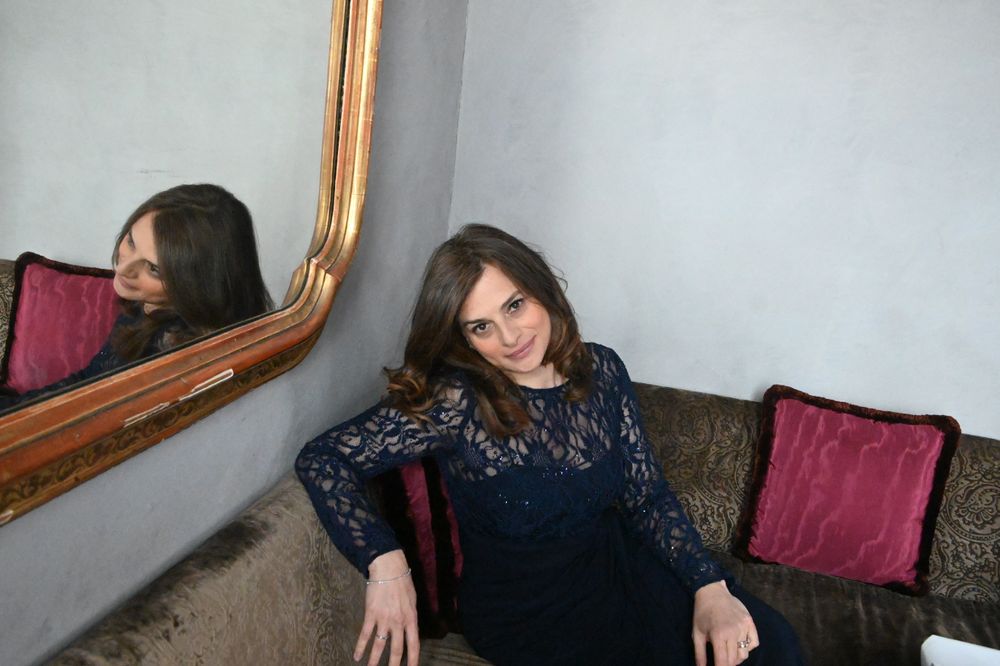We interviewed the established Calabrian pianist, who shares a passion for the world of sounds with that of numbers (she is a professor at the University of Calabria). His answers represent a passionate and sincere reflection on the dilemmas, doubts and possible answers of those who, in the name of art and science, live and research between reason and feeling.
Maestro Carbone, what were the existential and cultural motivations and drives thanks to which you became a concert pianist? And, more generally, in your opinion is there a kind of “recipe” starting from which this becoming something in the artistic field can be valid for many?
If I said that the piano is my life, I would be trivial; if I said that I can’t help but think of the piano as if it were an extension of my body, I would be a little predictable. However, without these two preliminary reflections, as obvious as they seem, I would never have become a concert pianist. And yet they are not enough to explain my path and my choices. Wanting to use mathematical language, I would say that they are necessary conditions, but not sufficient. If we talk about a “recipe”, I can undoubtedly list the “ingredients”, some of which are general, others very personal. The general ones, which are valid for every musician and which constitute – once again using a mathematical expression – the greatest common denominator, are patience, constancy, discipline, humility. The general ones, however, are linked to the first part of your question, as complex as the answer I am now trying to summarize.


